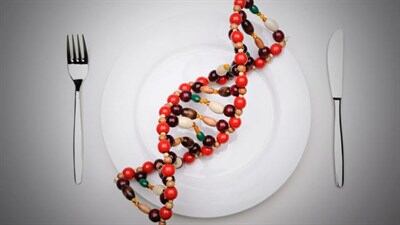Michael Wiggins, analyst at Canadean, uses the example of RTD coffees – traditionally seen as premium the category was closed to private label products, at least in regard to scoring the best sales figures.
“This is largely due the image that private label products are of lower quality which made it difficult to attract consumers who would be willing to try the drinks,” Wiggins said.
However, all that has changed, Wiggins added, as retailers realize that it pays to approach the soft drinks aisle with ‘upscale’ product ranges.
“The trend towards premium private label drink products has a lot to do with pricing,” Wiggins said.
Bridging down the ‘quality gap’
“Consumers expect private label drinks ranges to be lower in quality because of a low price point. However, once the price and packaging of private label ranges are upscaled – consumers feel the quality gap between branded and private label products decreases.
“The appeal of entering the premium market to retailers is undeniable – given the higher profit opportunities these products offer,” he said.
Canadean predicted earlier this month that personalized diets based on DNA analysis would soon gain traction among UK consumers.
DNA diets could drive super premium products
Joanne Hardman said: “As consumers take more interest in their health and aging, and consumers look to maintain or slow down age-related issues, diets tailored specifically for these consumers based on their specific DNA will grow in popularity.”
Accordingly the company predicts a new slew of super-premium products.

“Over the long term it will be interesting to see the effects of these trends on private labels,” Wiggins said.
“On the one hand this will allow private label producers to gain a larger price advantage, but…it may be harder to achieve that initial push in convincing consumers of the product’s quality.”
